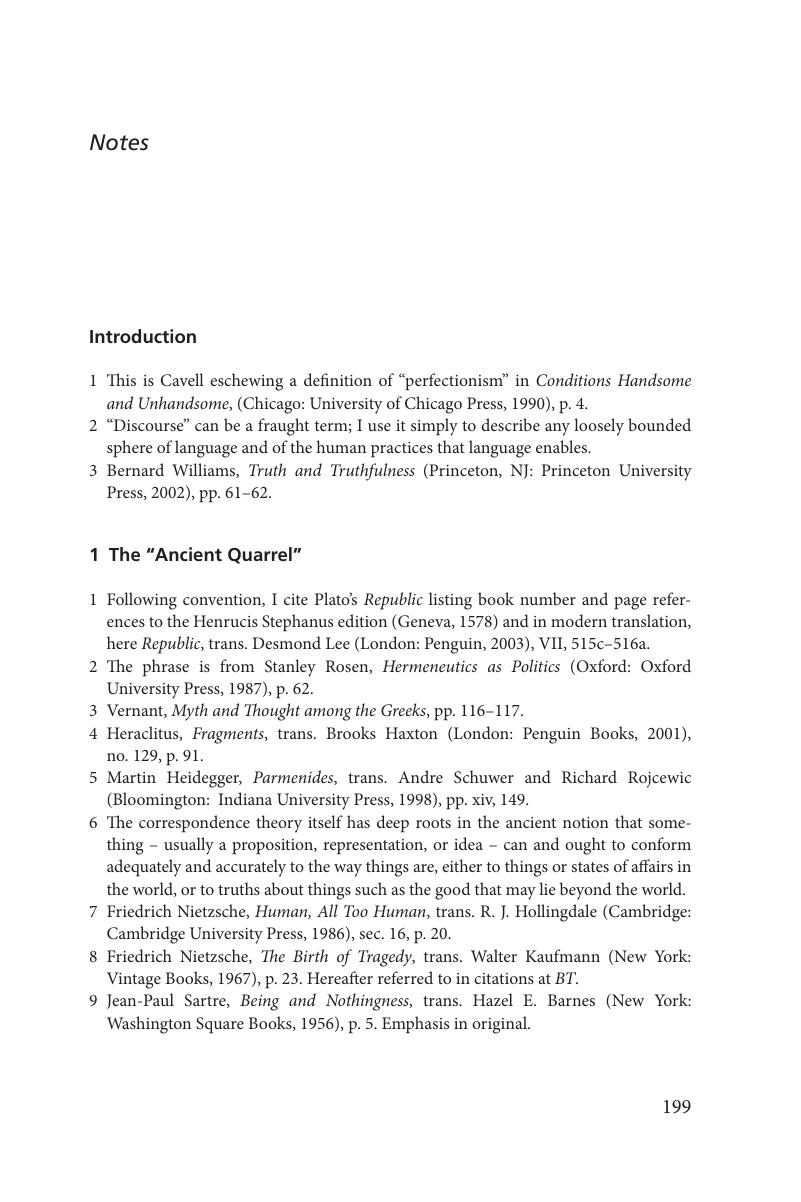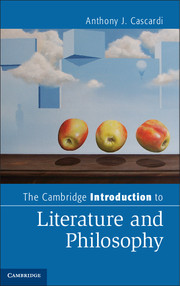Notes
Published online by Cambridge University Press: 05 June 2014
Summary

Information
- Type
- Chapter
- Information
- The Cambridge Introduction to Literature and Philosophy , pp. 199 - 214Publisher: Cambridge University PressPrint publication year: 2014
